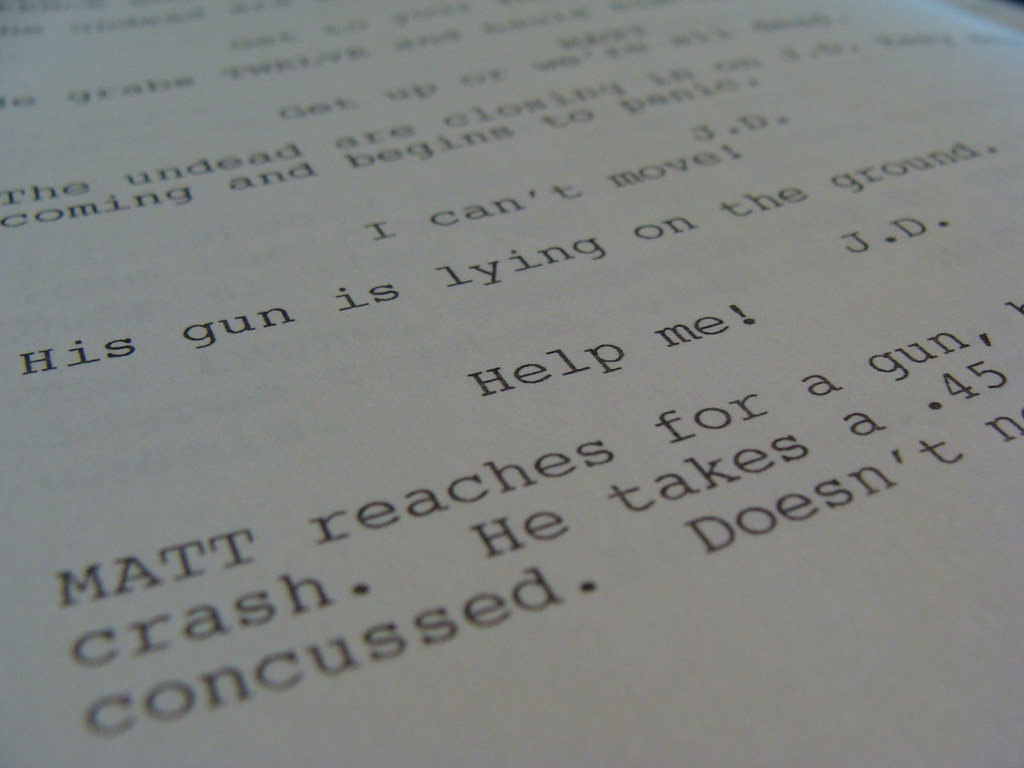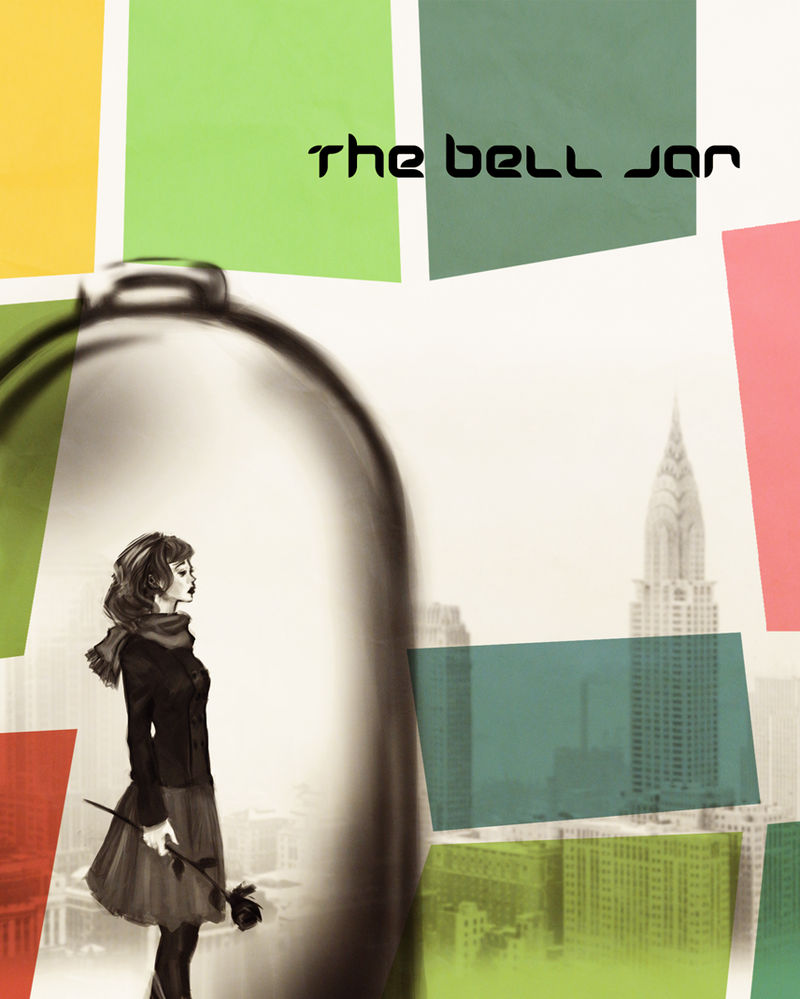One of the best books I ever read was a total lie. I didn't know that for many years. It was called "Go Ask Alice," and it was a diary. The book was full of powerful imagery, and frankly talked about stuff that was really relevant to me: dating boys, worrying about skin care, coming up with new ways to style one’s hair. But mainly, it was a book about drug use. When I first read it, I didn't know there was such a thing as fake memoirs. But there is, and this can be a powerful form of storytelling.
Go Ask a Writer
There is no Alice, at least not as far as this particular book is concerned. It was published anonymously, which always made it even more intriguing, and the actual first name of the diarist is never revealed. Most believe, however, that it was written by Beatrice Sparks. She is the sole copyright holder, and she wrote several other so-called diaries that were supposedly penned by teens. But no matter who wrote it, the book is still good. I still really like it, and I've recommended it to others who liked it. People write fake memoirs because fake memoirs work. It might work for you, too.
























